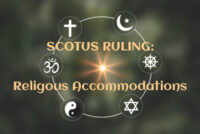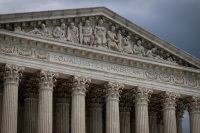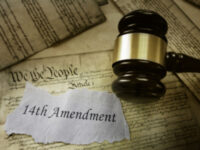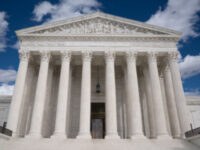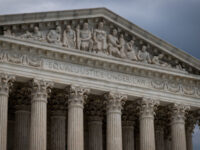U.S. Supreme Court Sides with SOX Whistleblower in Murray v. UBS Securities
On February 8, 2024, the U.S. Supreme Court unanimously decided that an employee who blows the whistle under the Sarbanes-Oxley Act of 2002 (SOX) does not need to show that their employer had retaliatory intent to find protection under SOX. In siding with the whistleblower, Trevor Murray, the Court rejected UBS Securities, LLC’s position that […]





